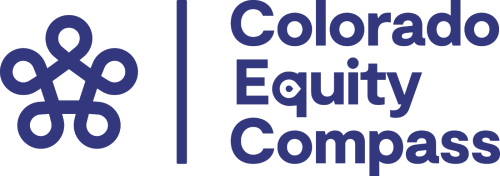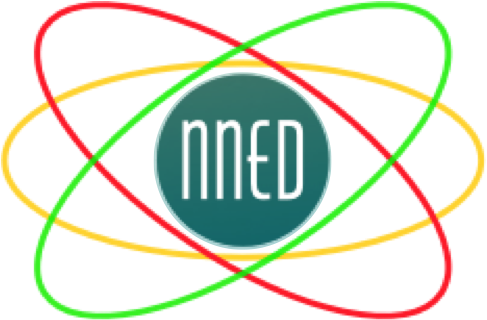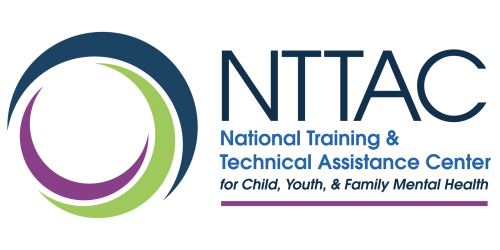Current Projects

Bringing Recovery Supports to Scale Technical Assistance Center Solution
Created by the Substance Abuse and Mental Health Services Administration (SAMHSA), Bringing Recovery Supports to Scale Technical Assistance Center Solution (BRSS TACS) helps programs, systems, states, territories, and tribes as they implement effective recovery supports and services for individuals of all ages and diverse populations with mental or substance use disorders.
Change Matrix provides training, technical assistance, and content expertise to support communities and organizations in expanding and sustaining recovery supports. CM provides consultation and technical assistance on addressing health disparities, integration of cultural and linguistic competence, and outreach and engagement to diverse populations.
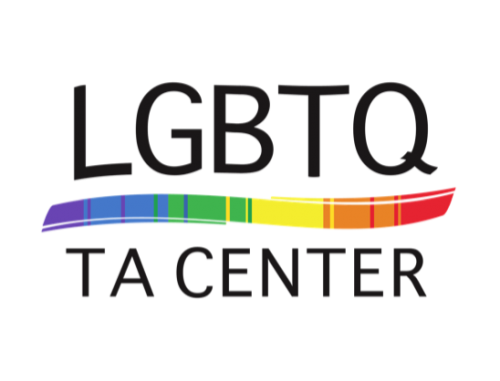
California Reducing Disparities Project LGBTQ TA Center
The California Reducing Disparities Project (CRDP) aims to reduce mental health disparities in California across five target populations that include African Americans, Asians and Pacific Islanders, Latinos, Native Americans and Lesbian, Gay, Bisexual, Transgender, Queer and Questioning (LGBTQ) communities. The LGBTQ Technical Assistance (TA) Center offers training and technical assistance services and supports for six pilot project grantees that address culturally and linguistically appropriate mental health services for the LGBTQ population. In general, the grantees are small community-based organizations that are in the early phases of program development.
Change Matrix is a partner with the Center for Applied Research Solutions (CARS) to provide technical assistance as part of Phase II of the CRDP. The responsibilities of the TA Providers include oversight and advisory consultation for capacity building and implementation of pilot projects. Initial support included a presentation, coaching and facilitation to build the capacity of grantees to create their theory of change, evaluation plans, logic models and work plans. Currently, in the implementation phase, CM continues to provide TA and support to funded organizations to implement prevention and early intervention mental health practices with community-defined evidence for the LGBTQ population, including their evaluation plans.
Colorado Equity Compass
The Colorado Equity Compass supports communities and organizations across Colorado to use data and collect stories they need to better understand the issues they are facing in their communities and to advocate for improved health equity outcomes. In September 2019, the Colorado Equity Compass selected four communities to pilot this platform. Through this project, communities harness the power of data storytelling to address social determinants of health that shape an individual’s ability to thrive, including systemic racism, housing, childcare, transportation, mental health, displacement, and economic development. The Colorado Equity Compass Collaborative is a collaboration between The Colorado Trust, Shift Research Lab, and Change Matrix.
CONNECTED
This privately funded initiative aims to engage young adults as partners to create and implement innovative approaches to decrease depression, anxiety and suicide while increasing wellness and belonging in communities. Change Matrix will coach five pilot communities and work with the partners to provide a comprehensive and collective set of supports to youth influencer, youth consultants, pilots and mentor organizations.

Empowerment Evaluation for Community Partnerships for Health Equity
Community Partnerships for Health Equity (CPHE) is a resident-led, health equity-focused initiative to strengthen Colorado communities and implement sustainable solutions that address root causes of inequity. The initiative aims to support healthier and more resilient communities by reducing barriers, creating access and opportunity, improving community relationships, and, ultimately, building power to sustain adaptive change. Over a multi-year process, each organically-formed resident team identifies community equity issues to focus on, develops a plan, and works to involve the broader community around plan implementation.
Change Matrix is under contract with The Colorado Trust (TCT) to build community capacity around empowerment evaluation. As part of our process, we encourage community residents to embrace and build on expertise that already exists within each community. By meeting people where they are, actively practicing language justice, building on each community’s own unique momentum, and using participatory strategies, we aim to help communities view evaluation not only as an integral part of their CPHE initiative, but also as a natural and beneficial part of everyday life.
Expanding the Bench®
Expanding the Bench (ETB) is an initiative to increase diversity in the evaluation and research field. ETB is based upon belief that information and data have power to shape policy, programs, and practice and that evaluators from diverse and underrepresented communities increase the likelihood that methods, analyses and interpretation benefit the communities they serve. ETB includes three main component parts, Leaders in Equitable Evaluation and Diversity (LEEAD), the Advancing Collaborative Evaluation (ACE) Network, and field building with evaluation investors/funders and leaders.
After four years of managing the initiative, The Annie E. Casey Foundation (Casey) saw a need to increase the reach and scale of ETB. Following a competitive application process and collaborative transition period with Casey, CM officially began leading ETB in January of 2019. Honoring the work Casey spearheaded, CM is working to grow and sustain this important effort to transform the field of evaluation to be more equitable and inclusive in people and in practice.
Healthy Food For Denver’s Kids Evaluation
Established through the passage of a 2018 Ballot Measure, the Healthy Food for Denver’s Kids (HFDK) Initiative was established to to support healthy food access and food-based education for Denver’s youth. The tax-generated funds are distributed through competitive grants to agencies of local government, Denver Public Schools, and non-profit organizations, with an emphasis on serving low-income and at-risk youth. Funding decisions are determined by a Commission made up of 13 non-profit, government, and community member volunteer appointees.
Contracted by the Denver Department of Public Health & Environment (DDPHE), Change Matrix serves as the Evaluation and Learning Partner for the HFDK Initiative.

Home Visiting Improvement Action Center Team (HV-ImpACT)
The Maternal, Infant, and Early Childhood Home Visiting (MIECHV) program supports pregnant women and their families, and helps at-risk parents of children from birth to kindergarten entry to hone their skills to raise children who are physically, socially and emotionally healthy and ready to learn.
Change Matrix partners with the Education Development Center, Georgetown University and James Bell and Associates to lead HV-TARC and provide technical assistance (TA) and subject matter expertise to: support grantees with the development of home visiting programs, within comprehensive early childhood systems; improve the performance of home visiting programs by connecting grantees to technical expertise and by sharing best practices; strengthen capacity at the state and local levels by supporting and expanding a network of home visiting practitioners; support high levels of implementation fidelity and infrastructure for evidence-based and promising programs.
National Network to Eliminate Disparities in Behavioral Health
The National Network to Eliminate Disparities in Behavioral Health (the NNED) is a unique public-private funded initiative that brings together community, ethnic, and faith-based organizations; knowledge institutions; and national behavioral health organizations to share and promote policies, standards, research, and innovative practices to eliminate behavioral health disparities in diverse racial, ethnic, cultural, and sexual minority communities.
Change Matrix has served as the National Facilitation Center for the NNED since its inception in 2007. CM has primary responsibility for facilitating dialogue and knowledge exchange by providing web-based technical support, convening network partners, resource identification and development, as well as network maintenance. Since 2010, CM has provided conceptual, logistic, and content support for an annual on-site training conference in professional development to enhance their participants’ capacity to address health disparities.
National Training and Technical Assistance Center for Child, Youth, And Family Mental Health
The National Training and Technical Assistance Center for Child, Youth, and Family Mental Health (NTTAC) works to ensure all young people and families get the support they need to thrive. NTTAC is a SAMHSA-funded initiative to increase the access to, effectiveness of, and dissemination of evidence-based mental health services for young people (ages 0-21) and their families, including young people experiencing serious mental illness or serious emotional disturbance. NTTAC supports a system of care that is trauma-informed and person-centered. NTTAC is committed to equity, inclusion, and diversity, and we promote authentic partnership with youth and families.
Partnered with Center for Applied Research Solutions (CARS), Georgetown University Center for Child and Human Development (GUCCHD), Youth MOVE, and Family Run Executive Director Leadership Association (FREDLA), Change Matrix ensures a lens of equity is applied to all training and technical assistance efforts throughout the center that serves children and youth from birth through transition to adulthood.
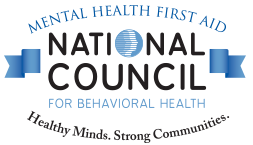
Partnering with the National Council to Achieve Equity
The National Council for Community Behavioral Health serves as a unifying voice of America’s health care organizations that deliver mental health and addictions treatment and services. Through CM’s partnership with the Council, we are supporting their broad scope of efforts to ensure adults, children and families living with mental illnesses and addictions have not only comprehensive, high-quality care that affords every opportunity for recovery but to also ensure equity in their care.
Change Matrix works with the Council on multiple initiatives:
- Addressing Health Disparities Leadership Program: This program fosters leadership and professional development to emerging mid-level managers working in mental health and addiction service organizations that are eager to enhance their awareness, knowledge, and skills to achieve health equity within their communities and organizations. CM staff serve as co-faculty to this leadership development program, provide individual coaching to the participants, and participate in continuous quality improvement processes.
- Taking a Cultural and Linguistic Competency Lens to Mental Health First Aid (MHFA): MHFA is a training course designed to equip individuals to help assist someone who is experiencing mental health problems. CM adapts the curriculum to incorporate considerations of cultural values and mindfulness of the differences that may exist between MHFA providers and those that they are trying to help.
- Trauma: The Council, in collaboration with Kaiser Permanente, is developing a change package for primary care providers related to providing trauma-informed care. A national workgroup of which CM is a member is currently involved in providing subject matter expertise to the development of the package.

Pacific Southwest Mental Health Technology Transfer Center
The Mental Health Technology Transfer Center (MHTTC) Network is funded by SAMHSA to develop and disseminate resources, provide training and technical assistance (TTA), and support workforce development. The purpose of the MHTTC Network is to strengthen the capacity of states and territories, organizations, and providers to deliver high-quality services and evidence-based practices (EBPs) in mental health promotion, prevention, treatment, and recovery. The Pacific Southwest (PS) MHTTC which serves California, Arizona, Nevada, Hawaii and six Pacific Islands (Guam, Commonwealth of the Northern Mariana Islands, Palau, Marshall Islands, Federated States of Micronesia, and American Samoa) will support the regional workforce to effectively implement evidence based practices across the continuum of care.
The PS MHTTC will also promote access to culturally appropriate services and practices for diverse populations. Change Matrix in partnership with the Centers for Applied Research Solutions (CARS) serves as technical assistance providers to these states and territories. Technical assistance will be provided in the following ways: information via the monthly mental health newsletter, webinars and other virtual trainings, E-learning courses, individualized coaching and consultation, innovative and practical products to support mental health providers in the region, support to affinity groups and Communities of Practice, regional trainings and training-of-trainer events.

The Collaboration LAB
The Collaboration LAB is a joint effort spearheaded by Change Matrix, Sound Options Group LLC, and the Georgetown University Center for Child and Human Development to increase the capacity of individuals and organizations to collaborate. In the LAB, groups work to build, maintain, and repair their collaborative structure. Support provided by the LAB can take the form of facilitated dialogue, training, coaching, and conflict engagement interventions.
Building on the leadership work CM provided as part of the Now is the Time Technical Assistance Center for Project AWARE, Wisconsin Department of Public Instruction in partnership with the Department of Behavioral Health came together to engage a group of 30 multi-disciplinary leaders at both the state and community level in a year long process to learn about and build their skills to intentionally practice adaptive leadership individually, in their agencies and organizations, and across the state.
CM has designed and delivered a series of 4 face-to-face meetings that have included content on leadership, collaboration, facilitation and engaging strategies. Materials and resources are offered in between sessions to deepen learning. Participants identify their own change challenge to apply learning and bring lessons and observations into the shared learning session. Office hours were held to provide additional support in between meetings.
Past Projects
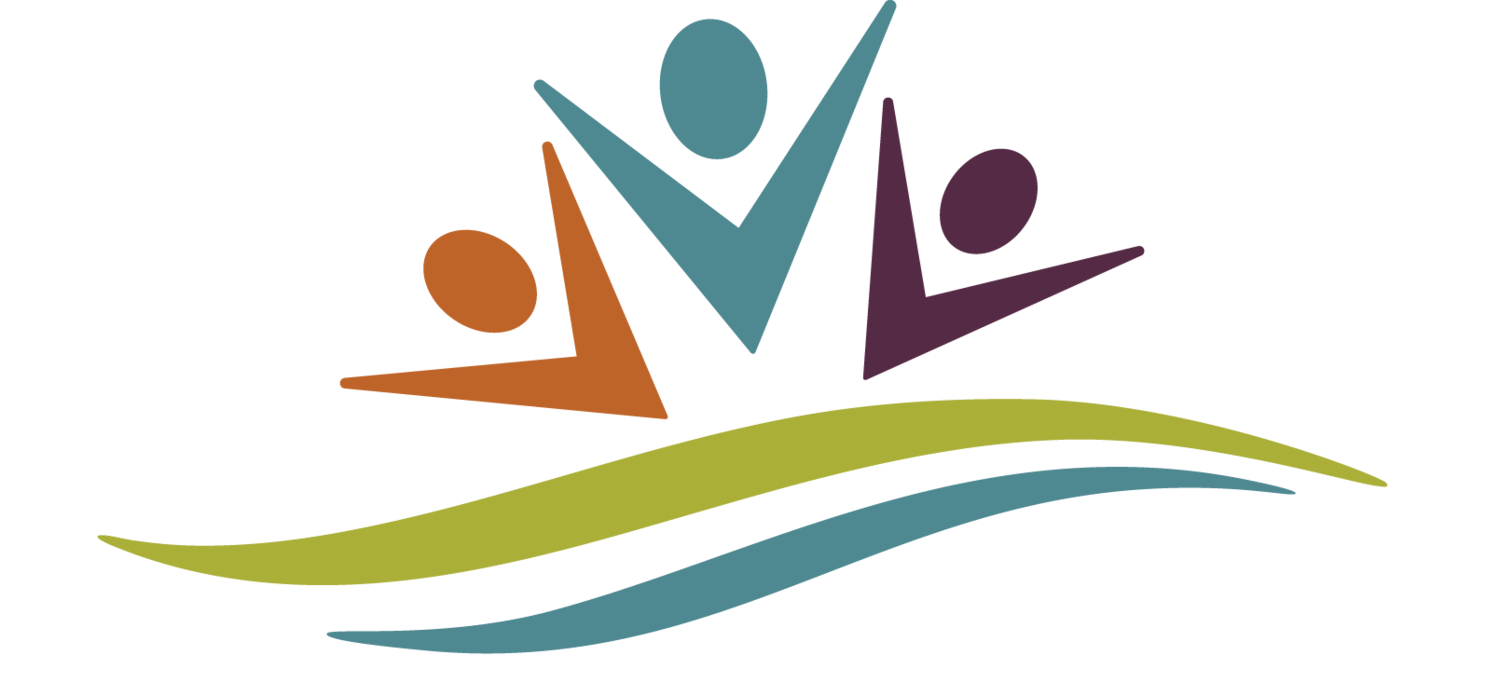
Alive and Thrive Wyandotte County
Wyandotte County has convened a group of multidisciplinary leaders under the name of Alive and Thrive. Their purpose is to move the County towards becoming trauma-informed. Alive and Thrive will focus over the next year on awareness raising, community assessment, stakeholder engagement, and strategic and evaluation planning in education and law enforcement as a step towards a community-wide shift.
Change Matrix has been retained by Alive and Thrive to provide consultation and coaching to their leadership team, facilitate a search conference to raise awareness and engage their community members in the movement, and support assessment and evaluation strategies.
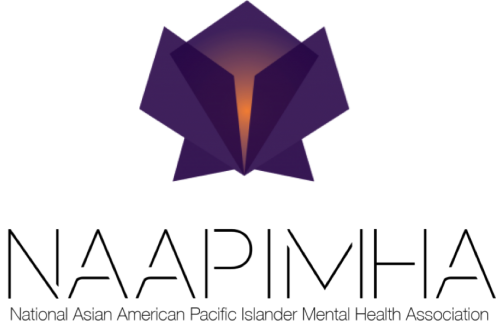
Evaluation of Kokora Kara
Change Matrix partnered with National Asian American Pacific Islander Mental Health Association (NAAPIMHA), to bring its Health Wellness Coach project, Kokora Kara, to scale. The overall goal of Kokora Kara, Japanese for “from the heart,” was to address health equity through a whole health approach – mind, body, and spirit. As AANHPIs also face workforce shortages in the number of providers who have the clinical, cultural, and language capabilities, the focus of Kokoro Kara was to train bi-lingual paraprofessional Wellness Coaches who can address the unique cultural and language issues that impact their mental health and overall health. CM was the lead evaluator worked in collaboration with a Steering Committee comprised of professionals, community leaders, and people with lived experience to develop and implement a culturally-driven evaluation plan to track and monitor the achievement of the Kokora Kara goals and objectives.
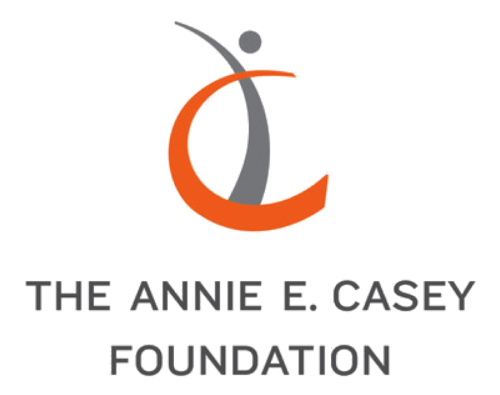
Evaluation of Leaders in Equitable Evaluation and Diversity
Leaders in Equitable Evaluation and Diversity (LEEAD) was one program of the race, equity, and inclusion initiative of sponsored by Research, Evaluation, Evidence and Data Unit at The Annie E. Casey Foundation. LEEAD is an evaluation training program designed to develop a pipeline of diverse leaders in equitable evaluation who will advance the field of evaluation and improve the life outcomes of children, families and communities. LEEAD is based on the fundamental belief that increasing diversity in the field of research and evaluation improves our knowledge base and makes for better science and social innovation. The core values of LEEAD are equity, diversity, leadership, and excellence.
Utilizing a participatory approach, Change Matrix performed evaluations of the LEEAD Program that involves a mixed-method approach in order to get a full understanding of the program’s implementation and outcomes. The process evaluation was used to learn about and inform the strengthening of LEEAD implementation strategies. The outcome evaluation helped ascertain whether LEEAD achieved its goals and objectives. CM was awarded the work of leading Expanding the Bench, including the LEEAD Program, in October 2019 (see above for more information).
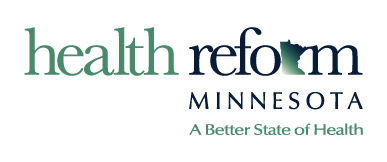
Minnesota Practice Facilitation Program
Change Matrix provided training, technical assistance, and coaching for behavioral health and primary care organizations across the state of Minnesota who were in the process of integrating and coordinating care. CM provided coaching support as organizations defined goals, created work plans, and moved towards full implementation. CM also provided support focused upon identifying and engaging community partners, and other related topics, as several of the organizations pursued certification as behavioral health homes and provided care and coordination across the lifespan

Now is the Time Technical Assistance Center
The Now Is The Time Technical Assistance (NITT-TA) Center provides support to grantees on Healthy Transitions: Improving Life Trajectories for Youth and Young Adults with, or at Risk for, Serious Mental Health Conditions, and Project Aware (Advancing Wellness and Resilience in Education) State Educational Agency Grant Program, and Project Aware Local Educational Agency Grant Program.
Change Matrix partners serve on the Leadership Team, and as Technical Assistance Liaisons and Cultural Competence and Collaboration (CCC) Coaches providing training and technical assistance to 37 SAMHSA-funded jurisdictions. These services include assessing, developing and implementing cultural competence plans; participating in assessment calls, monthly TA calls, and site visits; contributing to development of trainings, webinars, and toolkits; and providing site-specific expertise to grantees on: culturally competence policies, structures and practices, collaboration, facilitation, leadership, social media, and youth, family, and consumer engagement.
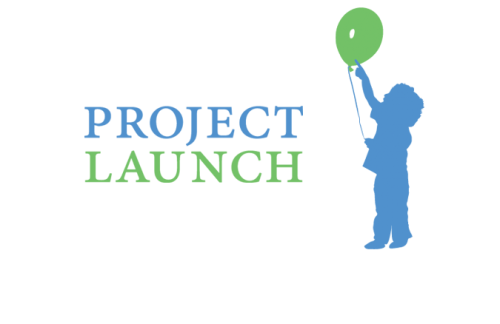
Project Linking Actions for Unmet Needs in Children’s Health
Project Linking Actions for Unmet Needs in Children’s Health (LAUNCH) sites are funded by the Substance Abuse and Mental Health Services Administration (SAMHSA) to support the social and emotional wellness of children 0-8 in tribes, territories, states, and communities across the country. Sites focus on 5 strategies: 1) building strong families; 2) integrating pediatric care and behavioral health; 3) infant and early childhood mental health consultation; 4) home visiting; 5) screening and assessment.
Change Matrix worked with the Center for Applied Research Solutions, the Georgetown Center for Child and Human Development and the American Indian/Alaska Native Center at the University of Colorado to provide technical assistance to states and communities and the early childhood field as they build their knowledge and infrastructure.
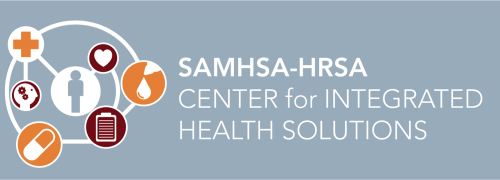
SAMHSA-HRSA Center for Integrated Health Solutions
With the goal of improving the physical health status of people with mental illnesses and addictions, the Substance Abuse and Mental Health Services Administration (SAMHSA) developed the Primary and Behavioral Health Care Integration (PBHCI) Program.
Change Matrix provides consultation and technical assistance in addressing health disparities, integration of cultural and linguistic competence, and outreach and engagement to diverse populations.
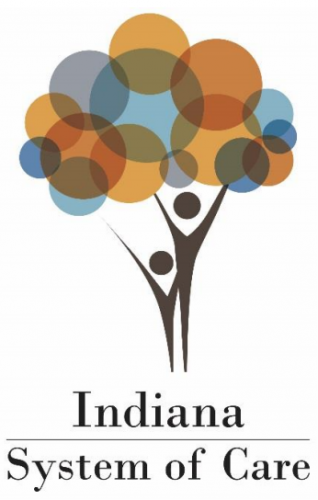
State of Indiana System of Care Expansion (IN-SOC)
The Department of Mental Health and Addiction at the State of Indiana received both a planning and implementation grant from the Substance Abuse and Mental Health Services Administration (SAMHSA) to expand Systems of Care throughout the state.
Change Matrix facilitated the strategic planning process and is now providing coaching, consultation, training, and implementation coordination at the state and local levels utilizing a cross-systems collaborative approach. Specific areas of focus include infrastructure development, cultural and linguistic competence, family and youth engagement, and building a trauma-informed System of Care.
